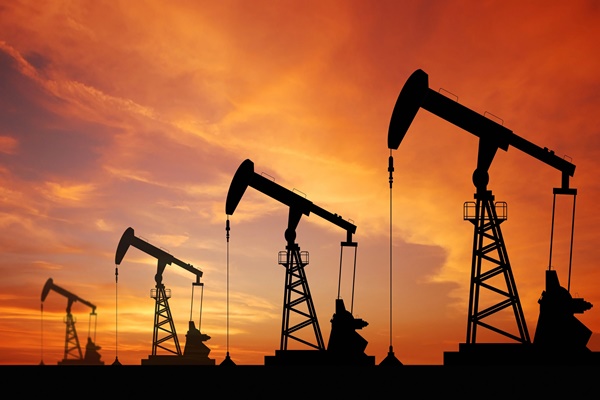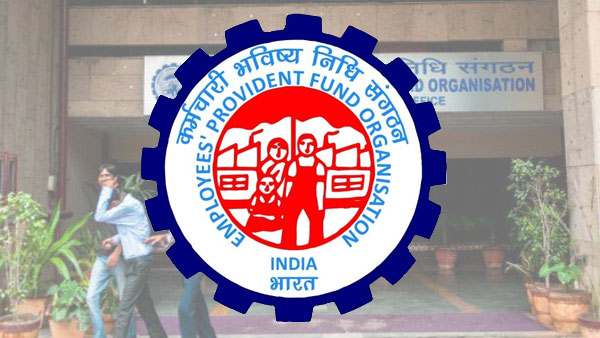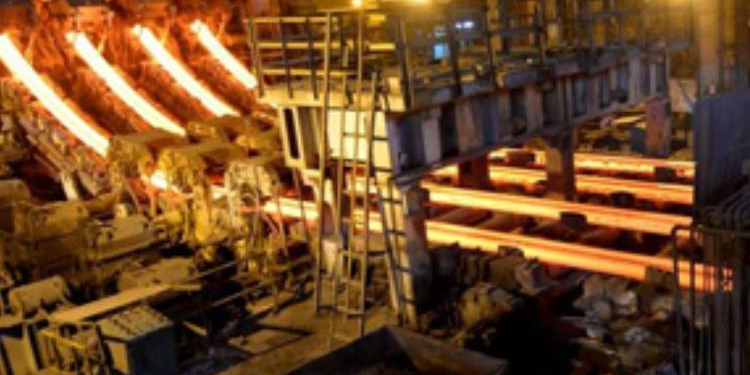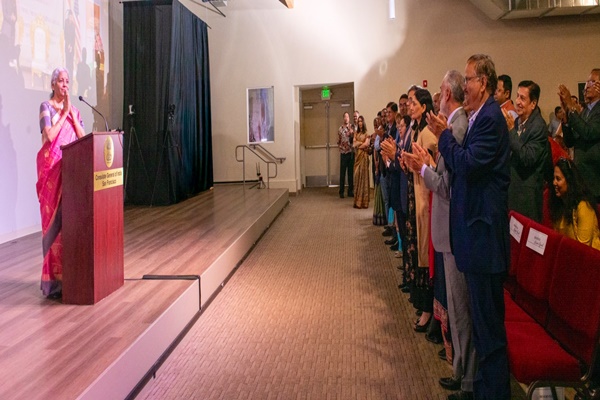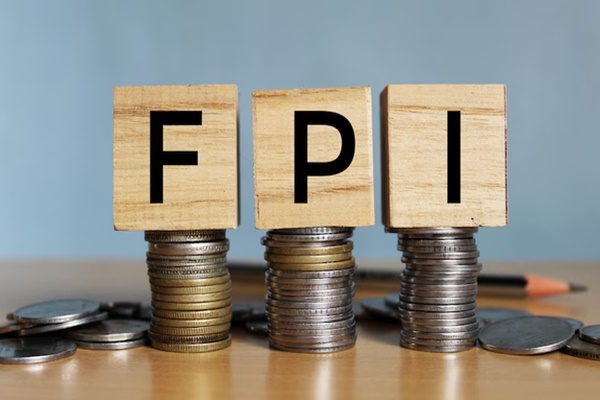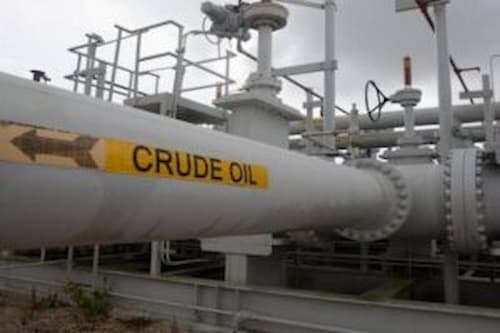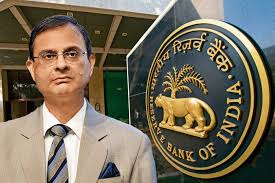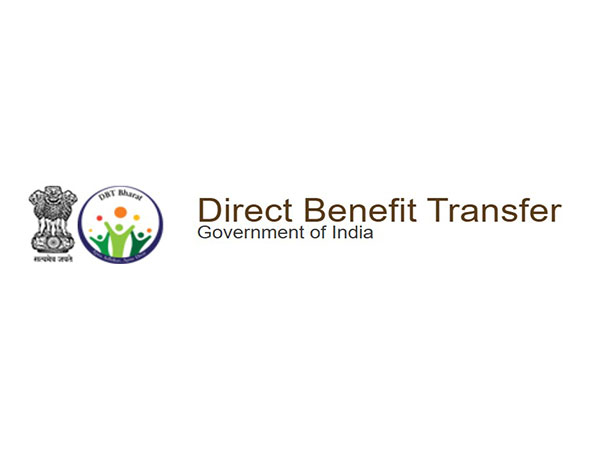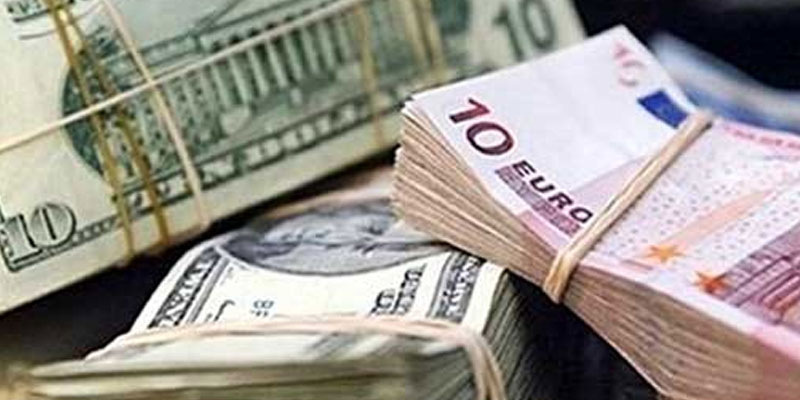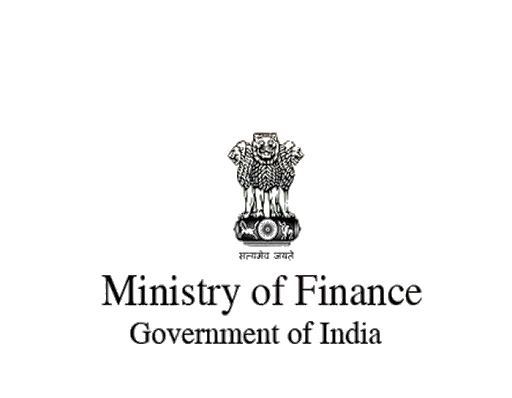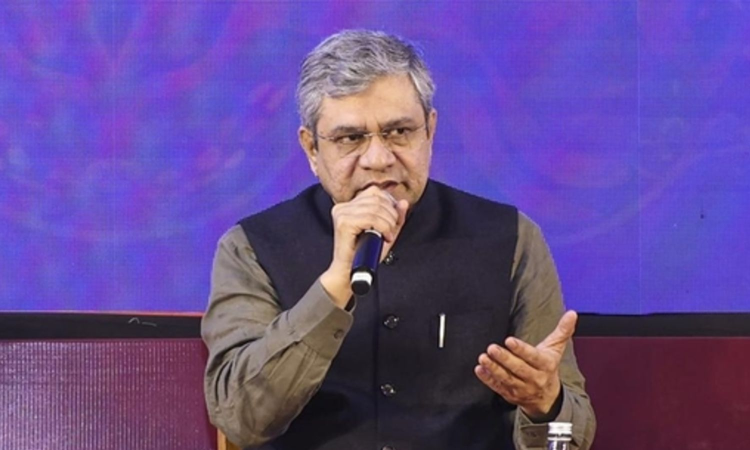RBI to leave policy unchanged despite inflation concerns
Tue 06 Feb 2018, 13:12:01
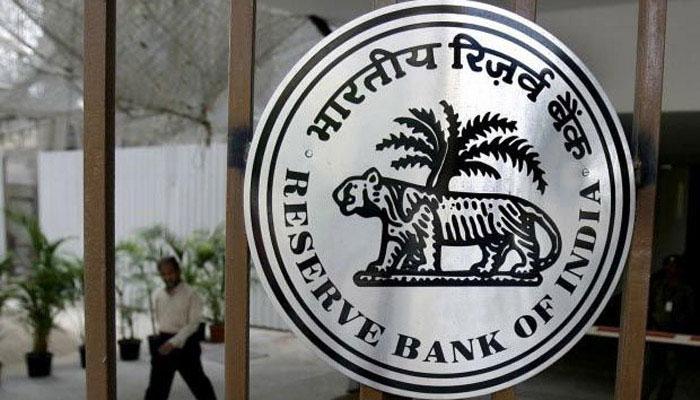
The Reserve Bank of India will keep interest rates on hold through at least the middle of 2019 even though inflation is above its medium-term target and is expected to stay that way, a Reuters poll found.
A majority of economists also expect the central bank's tone to turn hawkish when it announces its latest policy decision on Wednesday.While retail inflation hit a 17-month high in December and is expected to remain above the RBI's 4 percent target over the coming 12 months, growth in Asia's third-largest economy likely slowed markedly in the fiscal year ending March 31, complicating the RBI's policy path.
In a move that could push inflation higher in coming months, Finance Minister Arun Jaitley increased government spending for rural areas and announced a larger fiscal deficit target in his annual budget speech last week.
In the poll of 60 economists, taken after the budget announcement, 58 said the RBI would keep key rates unchanged - the repo at 6.00 percent and the reverse repo at 5.75 percent - when it meets on Wednesday. The other two forecast an increase.
"Inflation is rising and the government has also deviated from the fiscal consolidation path outlined earlier. Clearly, the pressure is building on the RBI to hike rates. However, we expect a status quo in the near-term," said Tushar Arora, senior economist at HDFC Bank.
"We
believe that the RBI is likely to wait and see how durable these upside risks are."
believe that the RBI is likely to wait and see how durable these upside risks are."
The central bank is expected to leave rates alone through the forecast horizon of end-June 2019, unchanged from a previous poll.However, minutes from the RBI's December policy meeting showed policymakers were increasingly worried about inflation.
More than 60 percent of poll respondents who answered an extra question on the central bank's tone on Wednesday - 29 out of 46 - said it would be more hawkish. Another 15 expected the RBI would keep a neutral bias and two anticipated a dovish tone.
In recent months, rising energy prices have pushed up the inflation rate and the government's decision to increase healthcare spending and raise the minimum support price for agricultural produce by 1.5 times will add to escalating price pressures.
Shashank Mendiratta, economist at ANZ, said the fiscal stance for 2018-2019 "will add to the hawkish rhetoric on two counts - the budgetary decision to allow aggregate spending to rise at a faster pace than nominal GDP; and the decision to effect an increase in minimum support prices."
When asked at what level of inflation the RBI would consider taking rates higher, the consensus was 6 percent, the upper limit of the central bank's inflation target. Forecasts ranged between 5.0 and 7.0 percent.
No Comments For This Post, Be first to write a Comment.
Most viewed from Business
AIMIM News
Latest Urdu News
Most Viewed
May 26, 2020
Do you think Canada-India relations will improve under New PM Mark Carney?
Latest Videos View All
Like Us
Home
About Us
Advertise With Us
All Polls
Epaper Archives
Privacy Policy
Contact Us
Download Etemaad App
© 2025 Etemaad Daily News, All Rights Reserved.

